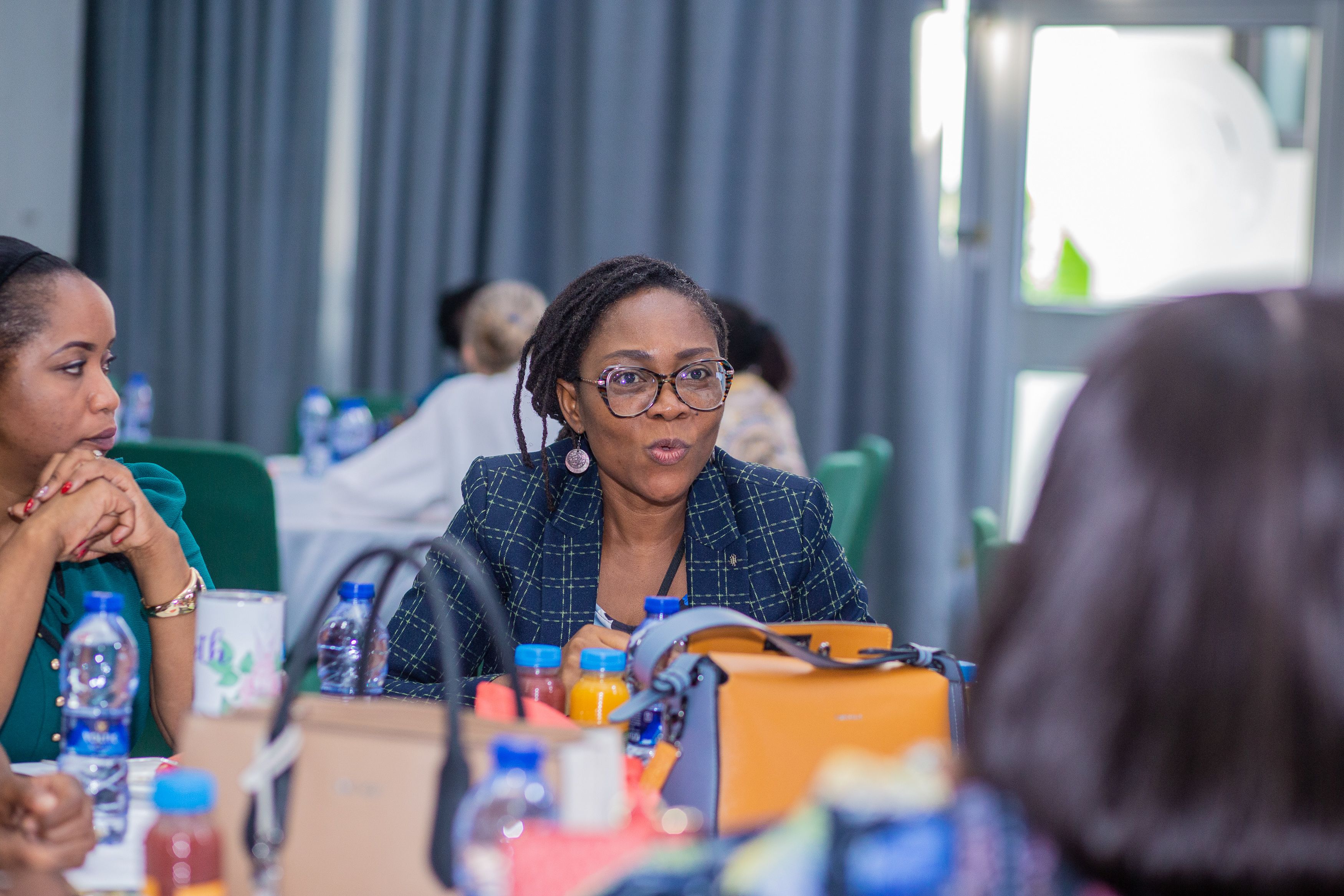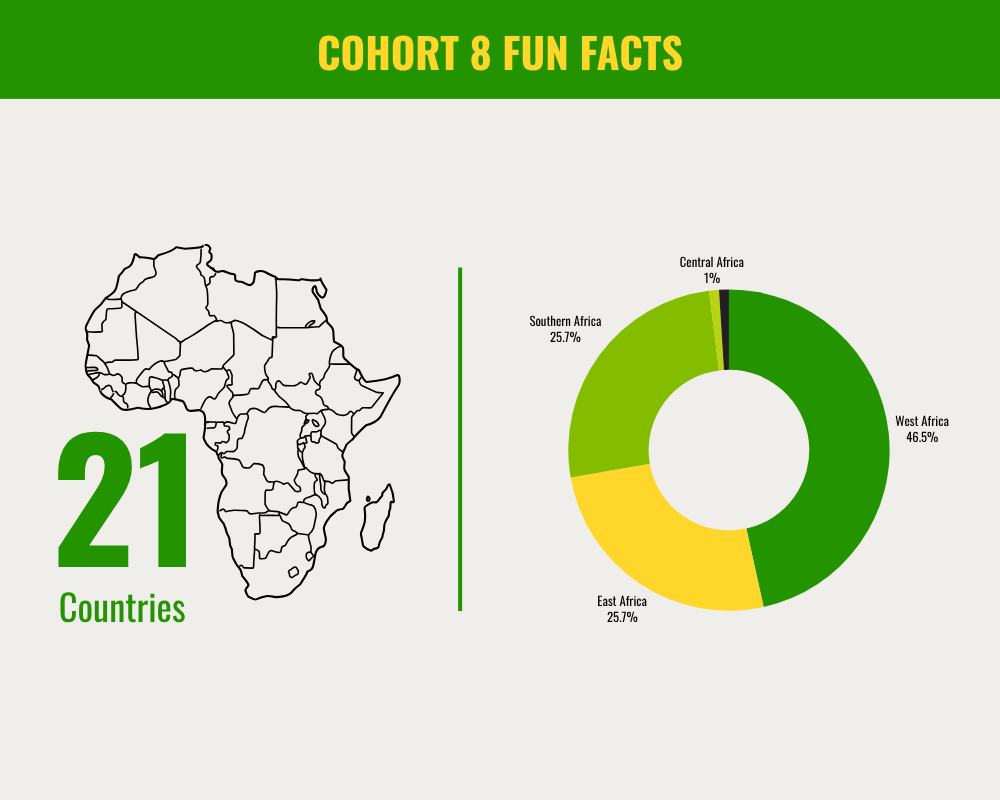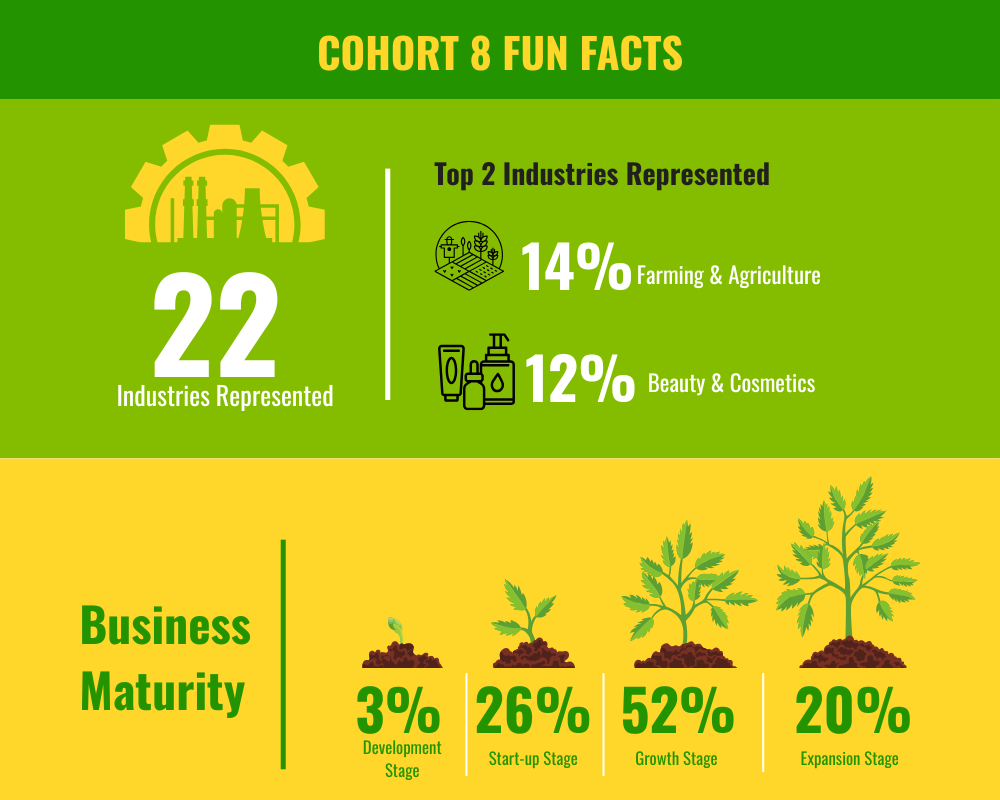Who’s Guiding Your Journey?
Why Every Entrepreneur Needs to Embrace Mentorship


Highlights
Why Every Business Owner Needs A Mentor
When we first started building the AWEC Core Program, we asked ourselves a big question: Can an entrepreneur truly accelerate their business without a personal guide to help them on the journey? The answer was an adamant no! That’s why mentorship is a core pillar of our program. It offers more than support. It offers transformation.
AWEC mentors are industry leaders, seasoned entrepreneurs, and professionals who generously share their experiences to guide the next generation. Through carefully matched pairings, women form powerful bonds across cultures, rooted in trust and shared ambition. Time and again, we’ve seen that entrepreneurs with mentors become more focused, courageous, and resilient, while their businesses grow alongside them.
Long-time AWEC mentor, Kudzayi Nheweyembwa, Founder and Managing Director of Flame Lily Hospitality in Zambia, believes in the power of giving back. The AWEC Board of Stewards Chair often touts that mentorship asks for little but gives so much in return. Motivated by a desire to share the lessons he learned in the business world, Kudzayi has mentored over 30 businesses during his six years with AWEC. In doing so, he gained just as much as he gave. The insights and experiences he gathered through mentorship became a strong foundation for launching and growing his own company.
For Doris Ahiati, AWEC mentor and CEO & Co-founder of Crescendo Consult Ltd, mentorship was a strategic way to fulfill her mission of empowering women. AWEC provided the perfect platform.
Starting and running a business can often feel isolating. Many entrepreneurs are full of ideas but unsure of what step to take next. Data from SCORE, an entrepreneurship and mentoring U.S.-based nonprofit, reveals that entrepreneurs who work with a mentor are five times more likely to start a business and report higher revenues and increased business growth. Whether you're launching a new venture or have been running your business for years, a mentor can offer invaluable support at every stage.
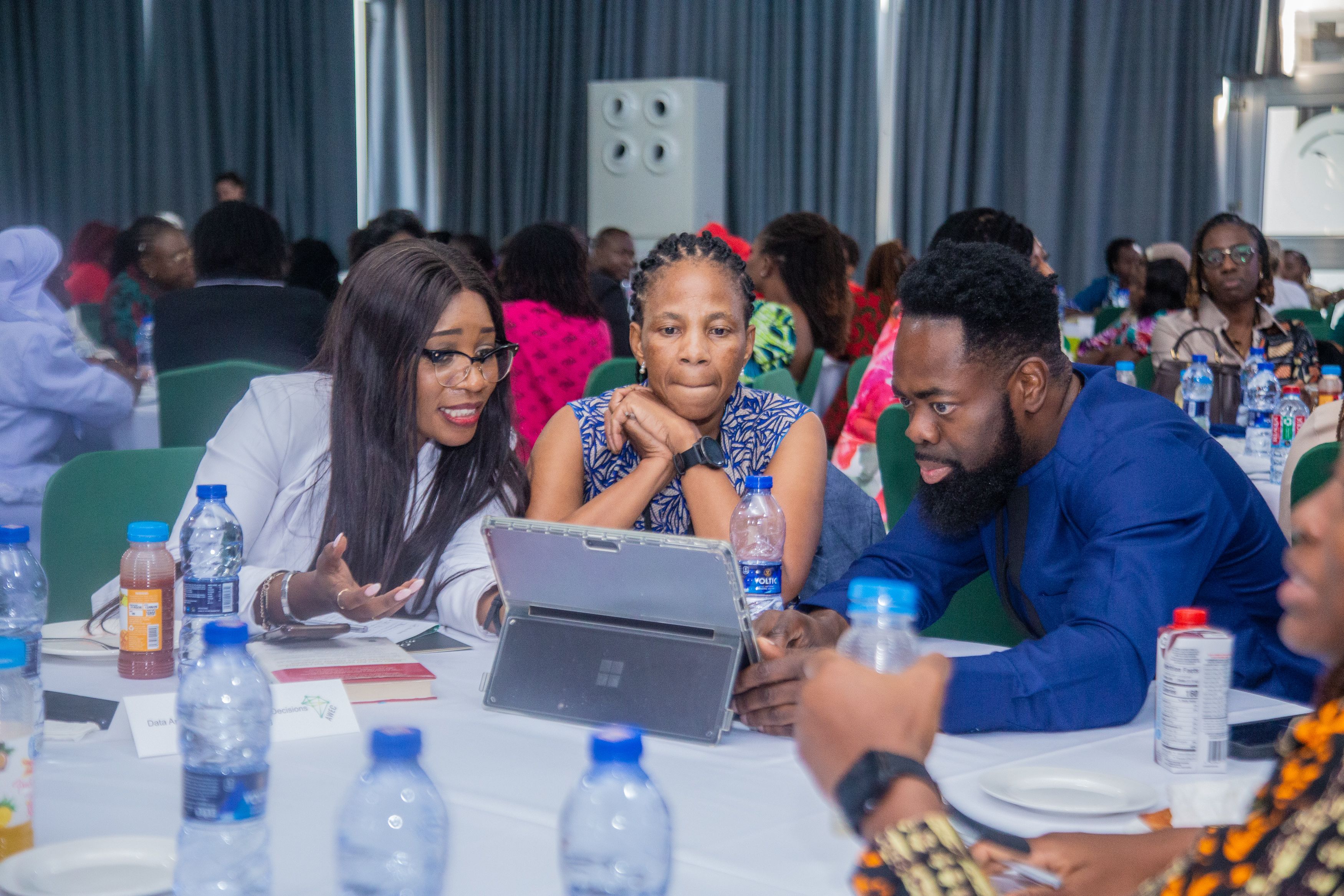
Entrepreneurs who work with a mentor are five times more likely to start a business and report higher revenues and increased business growth.
Mentorship Is More Than Guidance.
It's Growth.
“At first, I expected my mentor to solve all my problems. Instead, I learned to see things differently. To constantly seek help, be open in sharing my struggles, and offer value in return.” - Maame Efua, Ghana, Cohort 7 alumna
“I started my AWEC journey while caring for a newborn, which was overwhelming. My mentor helped me focus, and make tough decisions like closing a business that was not profitable. It brought clarity and increased turnover in my other business.” - Nobandla Gobodo, South Africa, Cohort 5 alumna
Mentors bring:
- Perspective from experience, helping you avoid common pitfalls.
- Accountability and structure. Mentors remind you of your “why.”
- Exposure to networks and opportunities. Mentorship unlocks doors you didn’t know existed.
- Confidence boosts, encouraging you to take that next bold step.
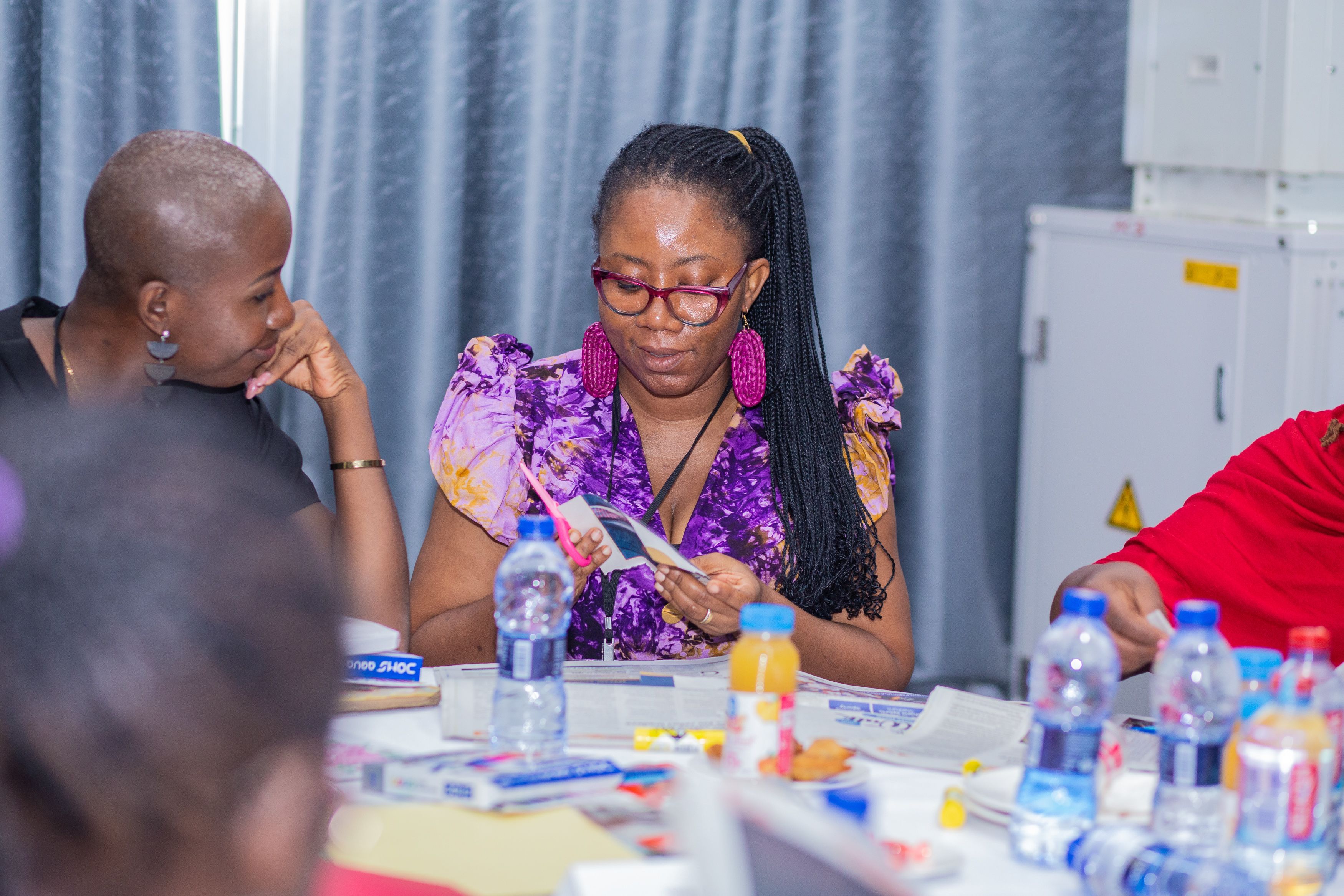
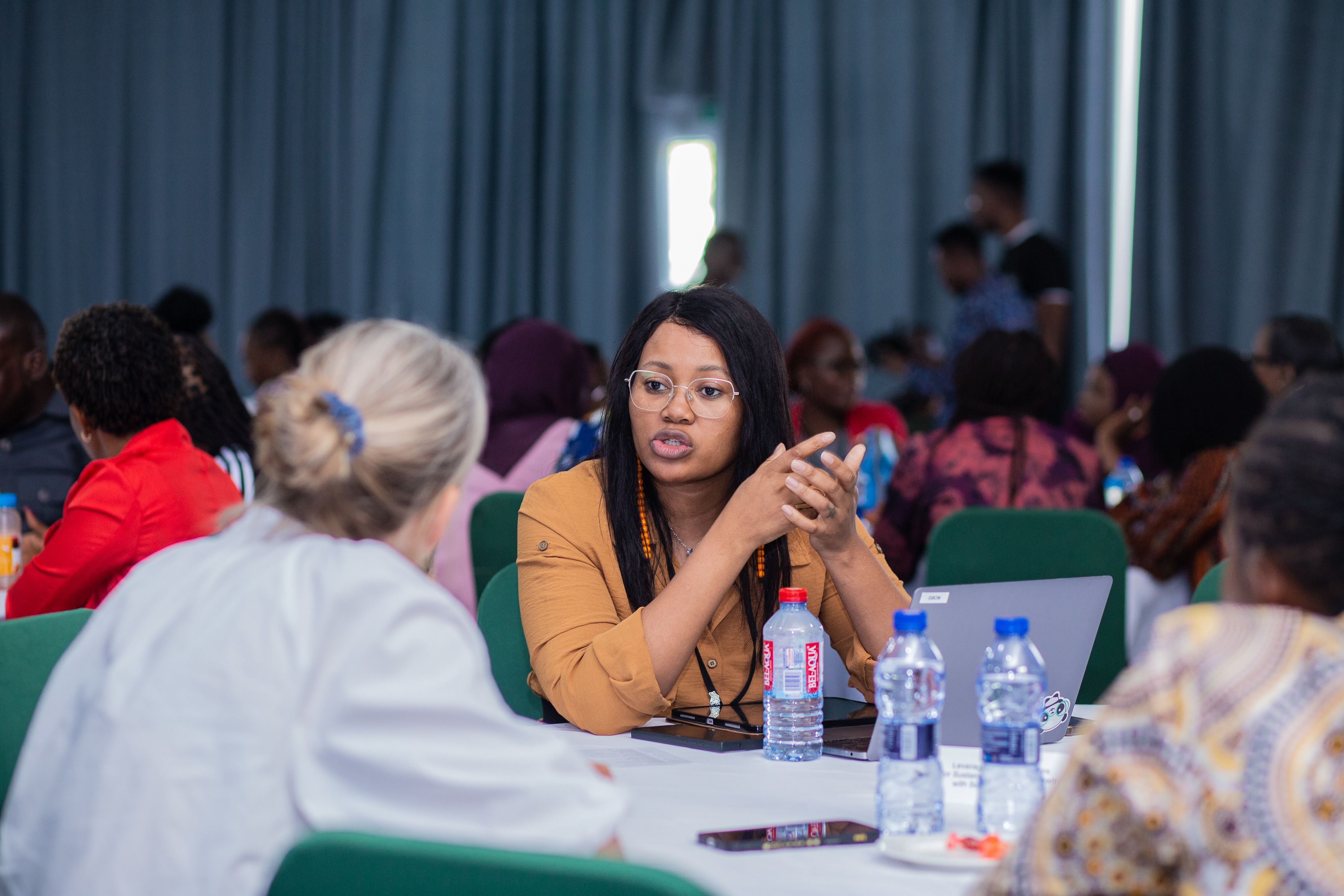
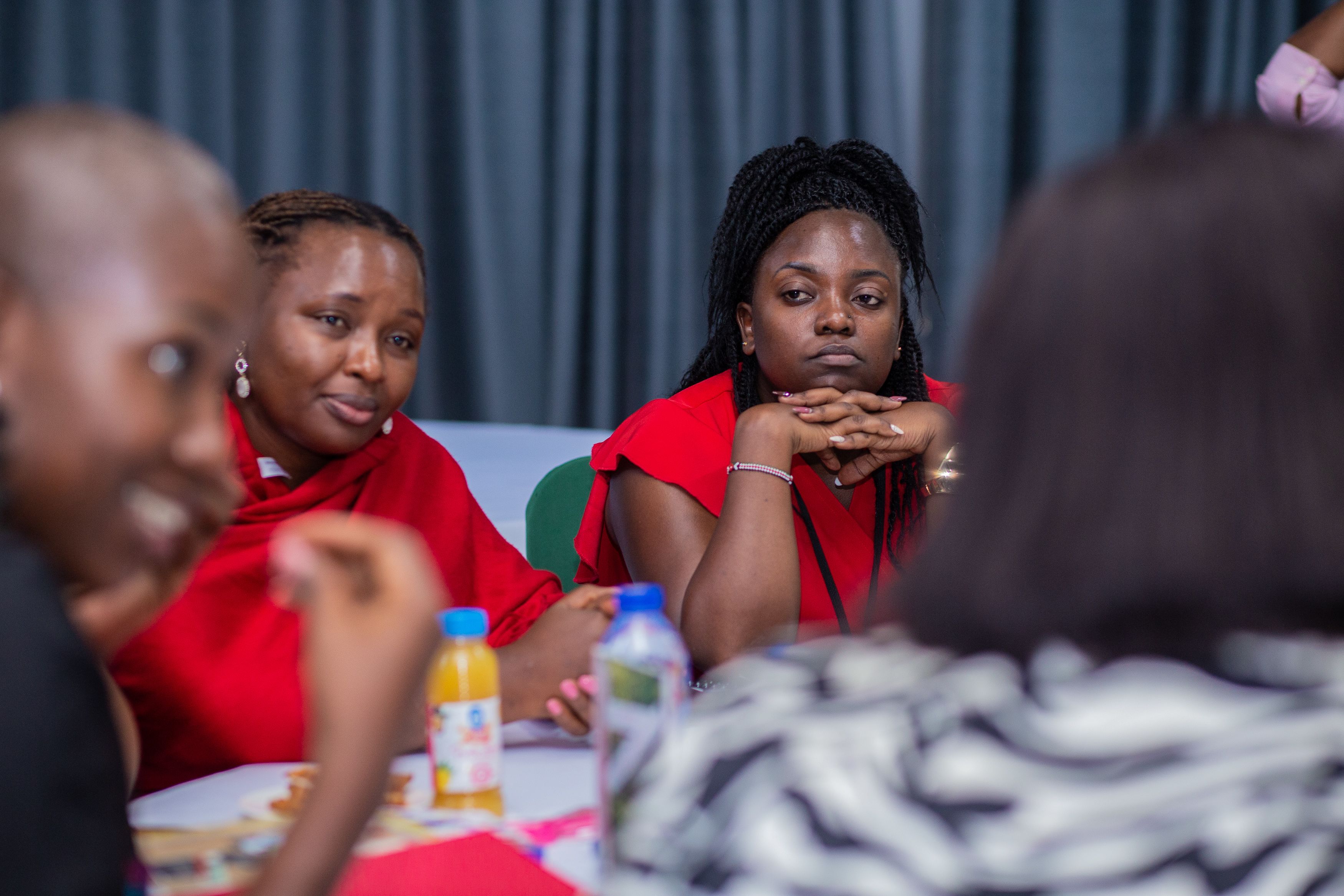
Mentoring is a two-way street.
As Doris puts it: “It’s never nice to feel like you're mentoring someone who just wants to take. You want to learn from them as well. A good mentoring relationship is mutually beneficial. One of my mentees supported me in running a successful digital marketing campaign that I had no expertise in.”
The Unexpected Value of Cross-Industry Mentorship
One of the most persistent myths about mentorship is the idea that your mentor must be from your industry. In truth, many breakthrough moments come when an outsider with fresh eyes takes a look into your business.
“When I reached out to Kudzayi, I needed advice from someone who could look into my business with a different eye,” Nobandla reflected. “Not the way I had been seeing it, or the way people in my industry saw it.”
How to Find a Mentor (Without Making It Complicated)
Finding a mentor doesn’t have to be difficult or formal. Sometimes, all it takes is one honest, intentional conversation.
- Start small
Don’t intimidate potential mentors by asking for a lifetime commitment. Just say, “Do you have 20 minutes for a call? I want to hear your input on something.” People are more likely to say yes to a short, focused ask than a vague, long-term request. - Be clear about what you need
Know the kind of help you're looking for and why that person is best placed to offer it. Articulate the problem and the solution you’re looking for in that person. Make them see the value they’re adding to you. - Watch and learn
Put yourself in places where you can learn by observation. Sometimes mentorship is less about constant meetings and more about observing leadership in action. - Use the platforms around you
If you want a mentor, show up where they can see you and engage with their content online. Ask questions and ensure you’re visible. Your next mentor might already be in your network. They just need to see you.
Common Mistakes in Mentorship
- Waiting for a mentor to find you
“Mentorship is a two-way street. You have to be bold and take the first step.” - Nobandla - Expecting your mentor to have all the answers
“ Mentors aren’t fixers. Their value is in guiding you to think differently and make better decisions”- Maame - Not taking action
If you ask for advice and never implement it, you lose trust and momentum.
"You need to take action immediately on the advice you receive. Don’t wait until tomorrow or two weeks." - Doris - Cold-inboxing a mentor on LinkedIn with a generic message
Don’t send a vague “Hi, can you mentor me?” with no context.
Instead, follow their work, engage with their posts, and reach out with a specific question or request. Show that you’ve done your homework. As Kudzayi puts it, "Mentorship starts with visibility and value, not a blind ask."
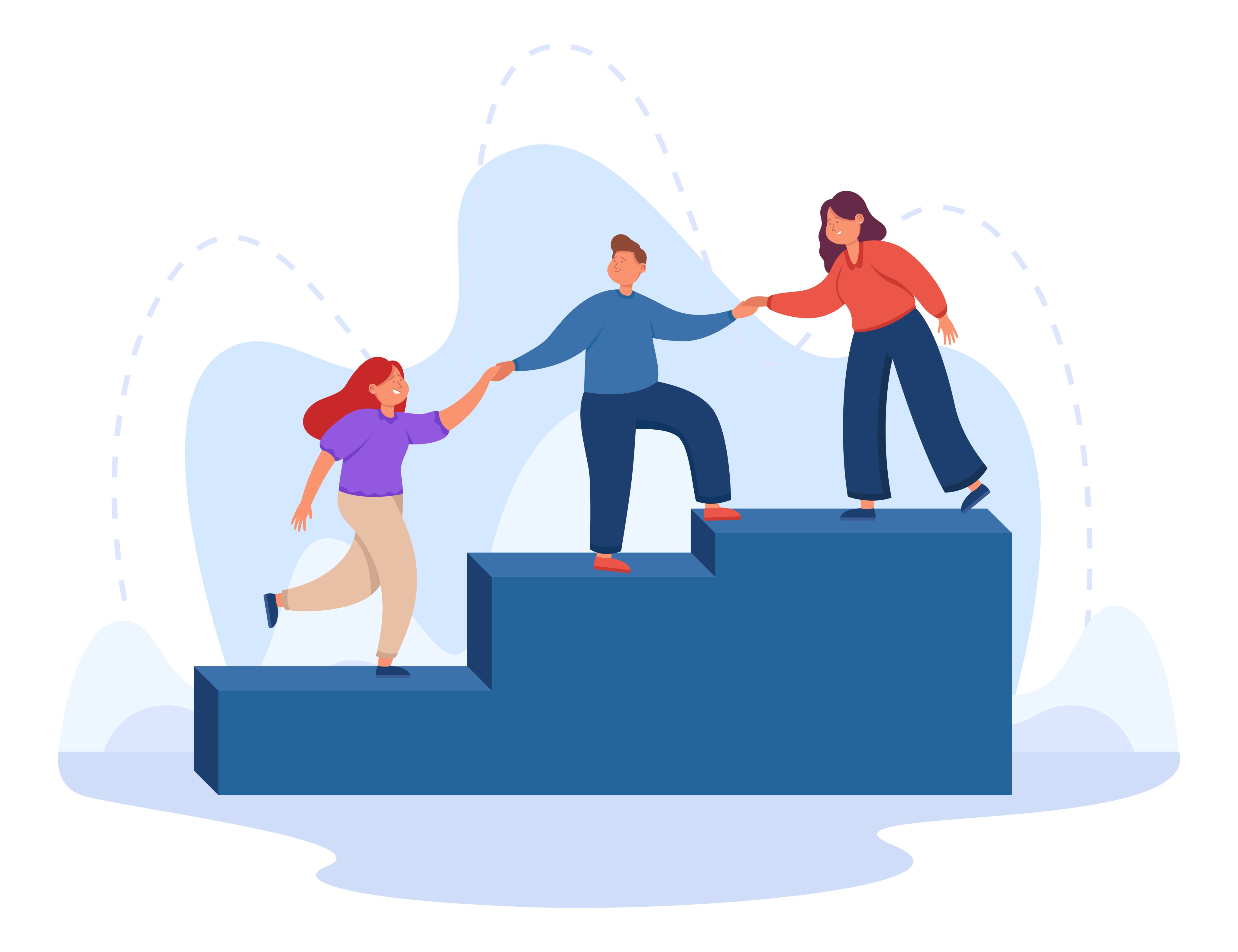
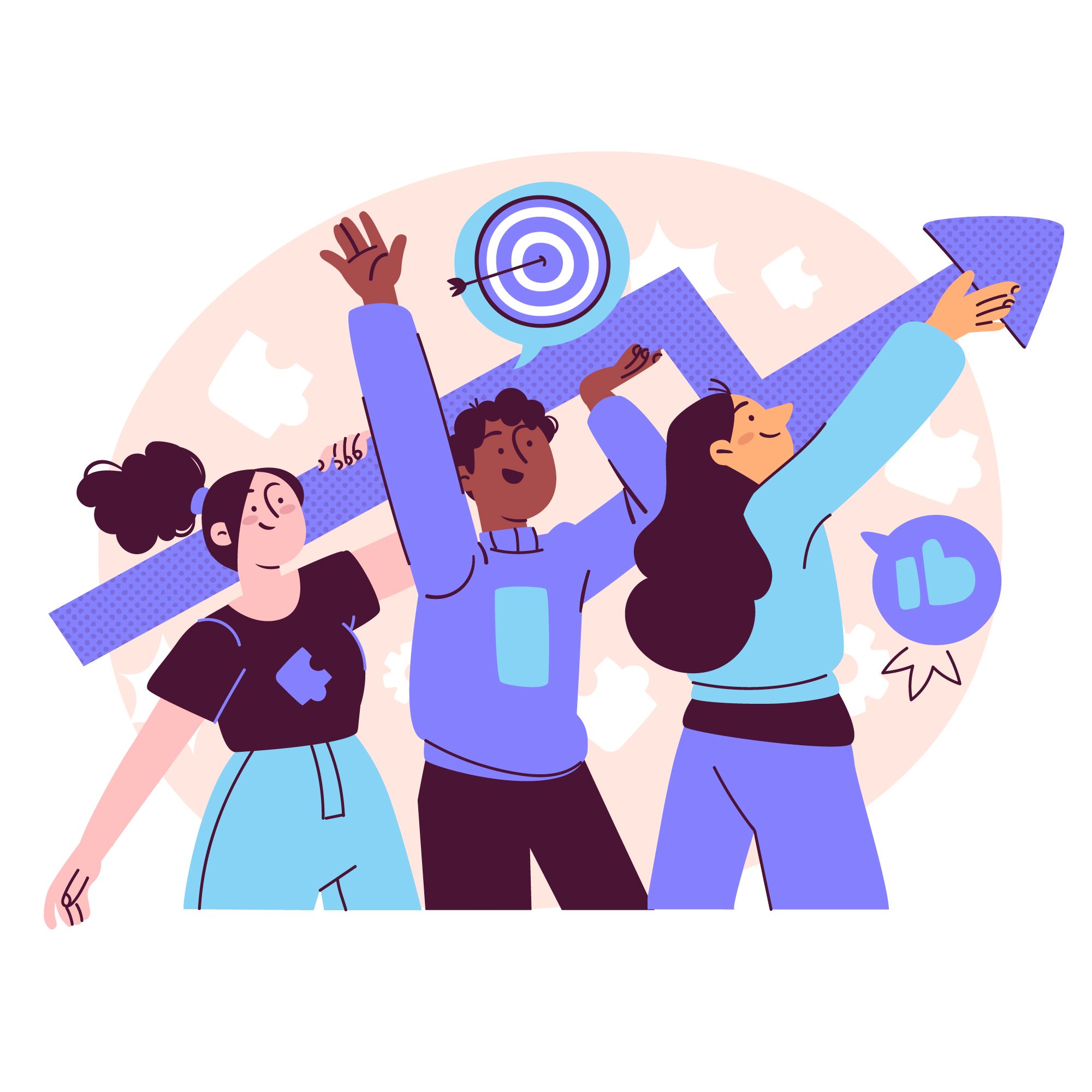
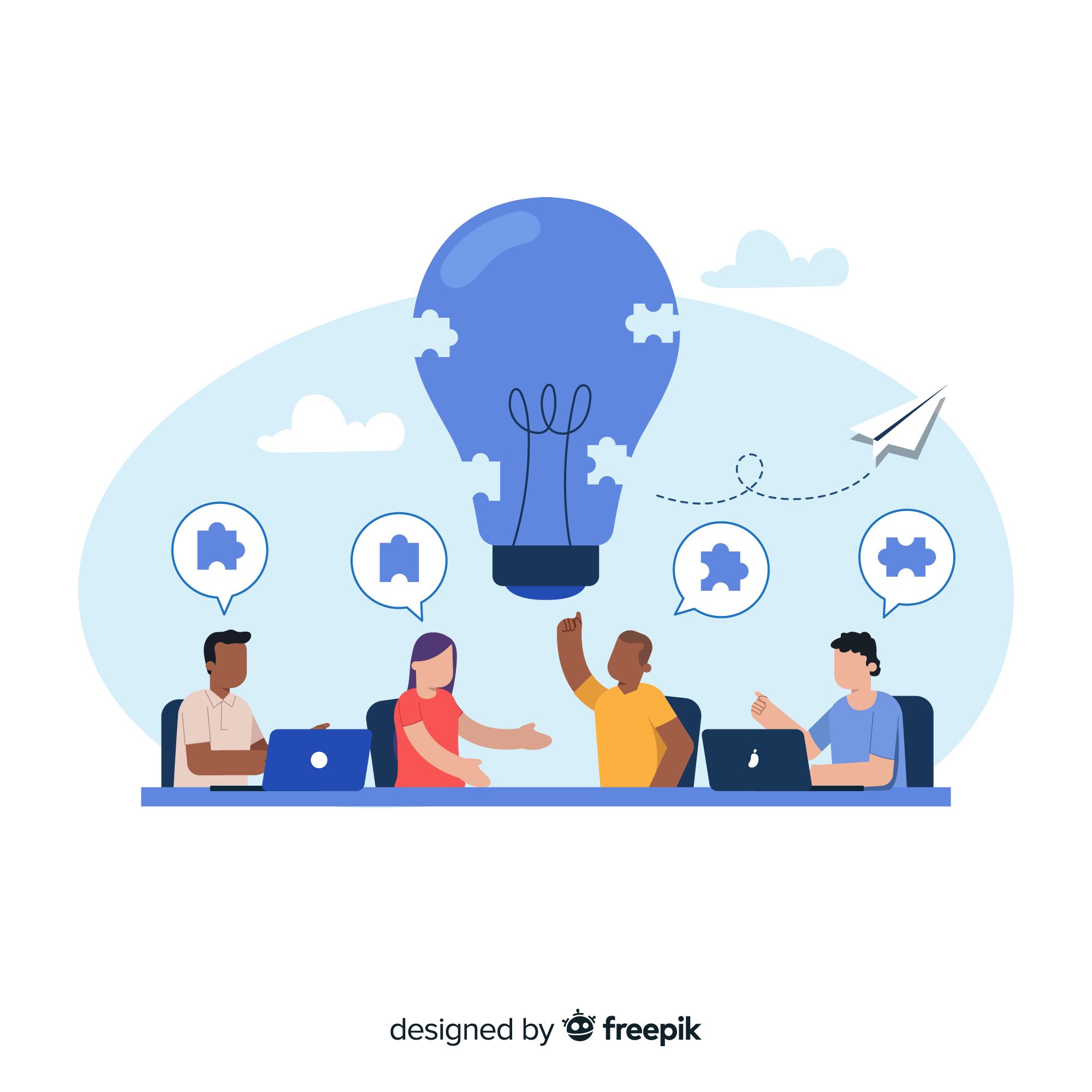
Now what's next?...

How to Get a Mentor
Step 1: Get Clear
Before reaching out to anyone, get clear on what you need. Are you struggling with strategy, focus, or scaling your business? Make the problem statement crystal clear.
- Tip: Mentors don’t solve problems. They help you think differently.
Step 2: Ask Smart
Don’t ask for a long commitment. Start small. Be specific and respectful of their time.
- Tip: Start with a simple ask. For example, “Can I get 20 minutes to hear your thoughts on something I’m working through? ”
Step 3: Show Up
Engage with potential mentors where they are - on LinkedIn, webinars, and communities.
- Tip: Support their work. Mentorship starts with visibility and value. Look for an opportunity to offer value.
Step 4: Take Action
Apply their advice immediately and share your progress.
- Tip: Action builds trust and keeps the relationship alive.
Congratulations, to COHORT 8!

As we proudly welcome our 8th cohort, we reflect with gratitude and pride on our journey. Over the past seven years, AWEC’s core program has supported 1,400 women entrepreneurs across 53 African countries and the diaspora.
This incoming cohort embodies the rich diversity, talent, and resilience that define Africa’s entrepreneurial landscape. With representatives from twenty-one countries, they’re a powerful reflection of the continent’s potential. A comprehensive analysis of cohort 8 data shows West Africa is the largest source, contributing 47% of the total cohort, followed by East Africa and Southern Africa at 26%. Central Africa and North Africa make up 1% each.
The journey to entrepreneurship looks different for each woman, but what unites them is a drive to succeed and a hunger to learn. Most of the applicants are self-taught, showcasing their initiative and determination to acquire business skills through hands-on experience and research.
These entrepreneurs are working in industries that are vital to Africa’s growth and development. Farming and agriculture lead the way, with 14% of the cohort working to feed and sustain communities through innovative agri-business models. Beauty and cosmetics follow at 12%, reflecting a thriving sector driven by creativity and cultural expression. Food processing, healthcare, education, apparel, and professional services are also prominently featured, each sector representing economic opportunity and social impact.
In terms of business maturity, 52% are in the growth stage, having moved beyond survival and now scaling operations. Those in the start-up phase are 26%, full of fresh energy and ideas, while 20% have reached the expansion stage and are looking to widen their footprint. A smaller group of 3% is still in the development stage, laying the foundation. This mix of experience levels ensures rich peer learning, mentorship, and collaboration throughout the AWEC experience.
Over the next 12 months, clarity, confidence, and connection are in store for Cohort 8. An arduous yet fulfilling experience awaits them. For these 200 African women business owners, mentorship will be their compass. We believe behind every bold entrepreneur is someone who walked the path before and chose to light the way. That’s why mentorship is at the heart of the AWEC experience.
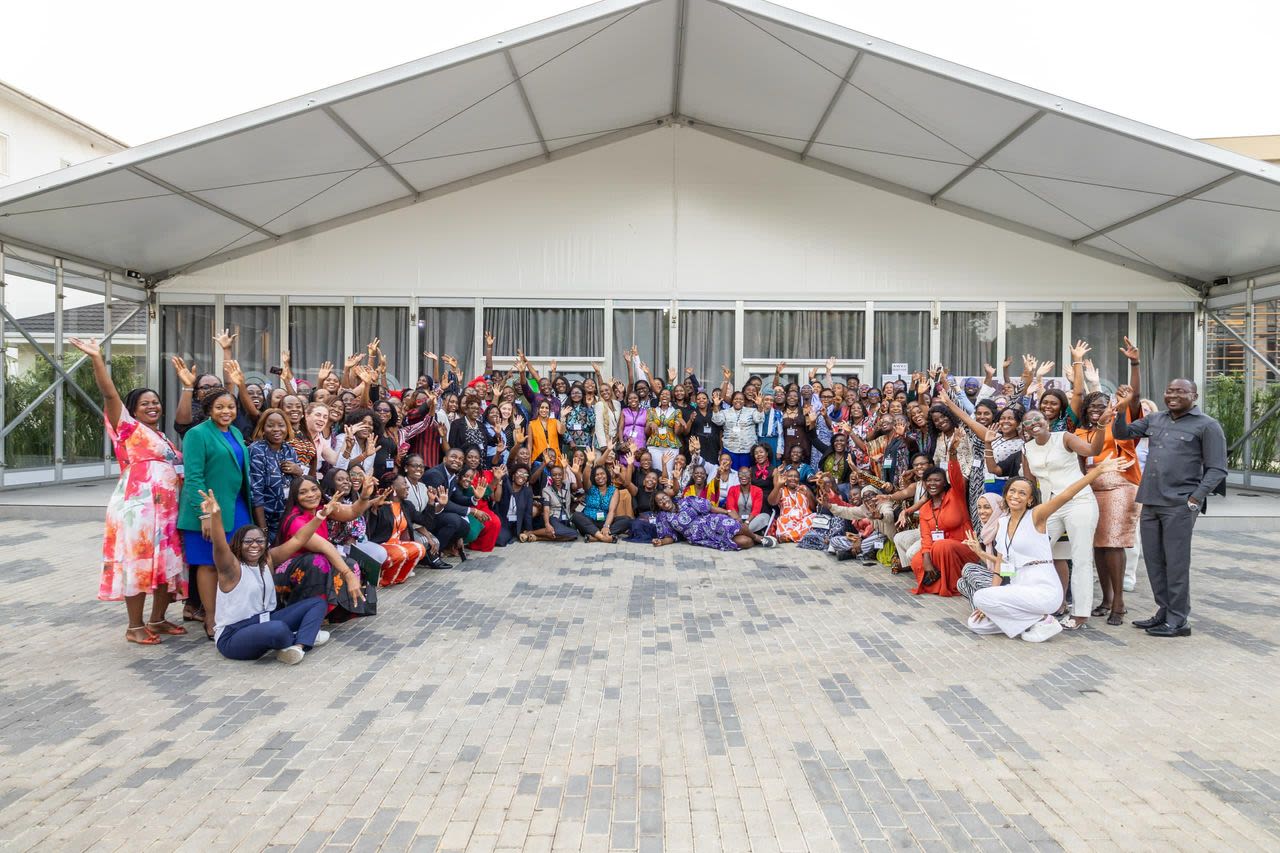
Stay connected with AWEC on LinkedIn, YouTube, and Instagram for ongoing insights, expert tips, and lessons from our thriving community of women entrepreneurs.
Your business transformation starts now!
Did you like this newsletter? Let us know how we can serve you better.
